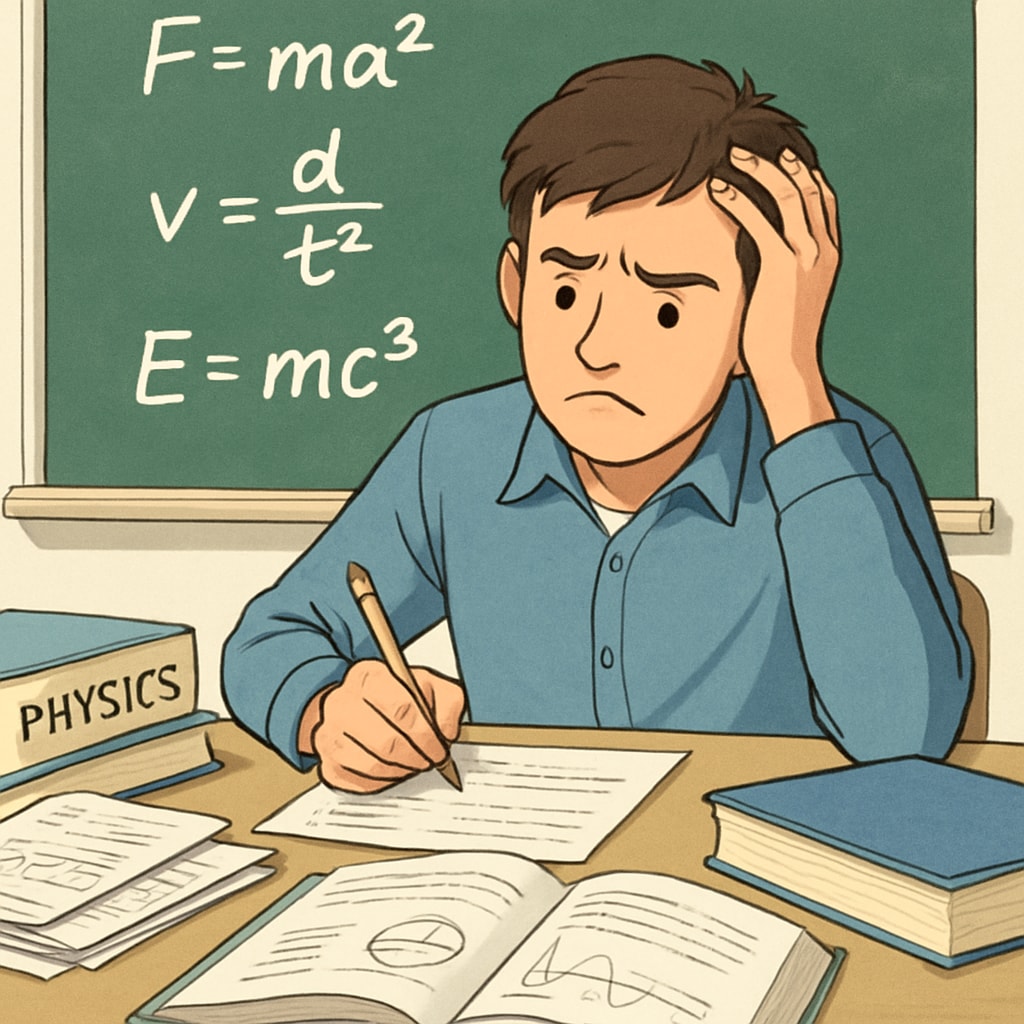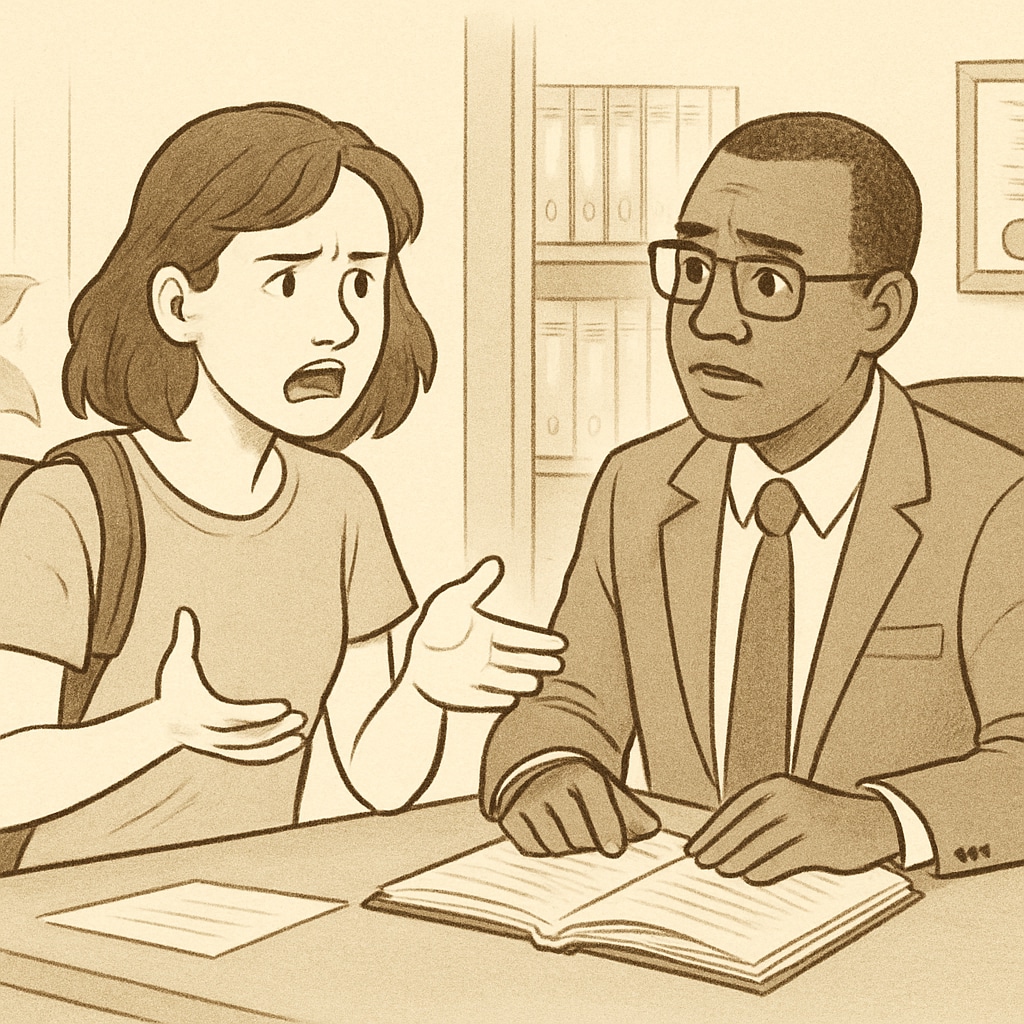The AP Physics exam is a challenging milestone for many high school students, but what happens when the system itself becomes a barrier to success? Cases of teacher errors, flawed grading, and ineffective appeal processes create significant obstacles for students. These issues not only undermine academic integrity but also raise ethical questions about the balance of power between educators and students. In this article, we explore the implications of professional errors in the AP Physics classroom and the systemic failures in addressing student grievances.
Teacher Errors in AP Physics: A Hidden Challenge
In AP Physics, precision and accuracy are critical—qualities expected not only from students but also from educators. However, professional errors by teachers, such as providing incorrect formulas, misinterpreting key concepts, or grading inconsistencies, can have long-lasting impacts. These mistakes can affect not only a student’s grades but also their confidence and future academic opportunities.
For instance, a teacher’s misunderstanding of a particular concept might lead to incorrect classroom instruction, which could ripple through homework, projects, and exams. Students often assume their teacher’s expertise is unquestionable, making it difficult to identify errors until it’s too late. Furthermore, when these errors go unaddressed, they perpetuate a sense of helplessness among students and parents alike.

Flawed Appeal Processes: When the System Fails
Even when students recognize and report teacher errors, the appeal process is often riddled with inefficiencies. Many schools lack a clear, transparent, or fair mechanism for students to challenge grading discrepancies or instructional issues. In some cases, appeals are dismissed without adequate investigation, leaving students with unresolved grievances.
Key issues with the appeal process include:
- Lack of transparency: Students are rarely informed about the criteria or steps involved in evaluating their appeals.
- Bias: Appeals are often reviewed by the same educators or administrators who may have a vested interest in defending the original decision.
- Lengthy timelines: Prolonged delays can render appeals irrelevant, particularly for seniors applying to colleges.
These systemic flaws not only discourage students from voicing concerns but also erode trust in the educational system as a whole.

Balancing Academic Authority and Student Rights
The ethical conflict between academic authority and student rights lies at the heart of these issues. Teachers and administrators wield significant power, but this authority must be balanced with accountability. When errors are ignored or appeals are mishandled, the educational system risks prioritizing institutional reputation over student welfare.
To address this imbalance, schools and educational organizations must implement the following changes:
- Establishing independent review boards to handle appeals, ensuring impartiality.
- Providing clear guidelines for reporting teacher errors and appealing grades.
- Offering additional training for teachers to minimize professional mistakes.
- Ensuring timely resolution of student grievances to prevent further academic harm.
These measures would not only protect students’ rights but also reinforce the integrity of the educational process.
Moving Toward Greater Accountability
The dual challenges of teacher errors and flawed appeal processes in AP Physics highlight a broader need for systemic reform. Students deserve an educational environment where their concerns are taken seriously and addressed fairly. By fostering transparency, accountability, and open communication, schools can create a system that supports both educators and learners.
Ultimately, education should empower students, not hinder them. Addressing these issues is not just about fixing individual mistakes; it’s about building a foundation of trust and fairness that benefits everyone involved in the learning process.
Readability guidance: This article uses short paragraphs, lists for clarity, and a mix of transition words to maintain flow. Teacher accountability and systemic transparency are emphasized throughout to ensure focus on the main issue.


